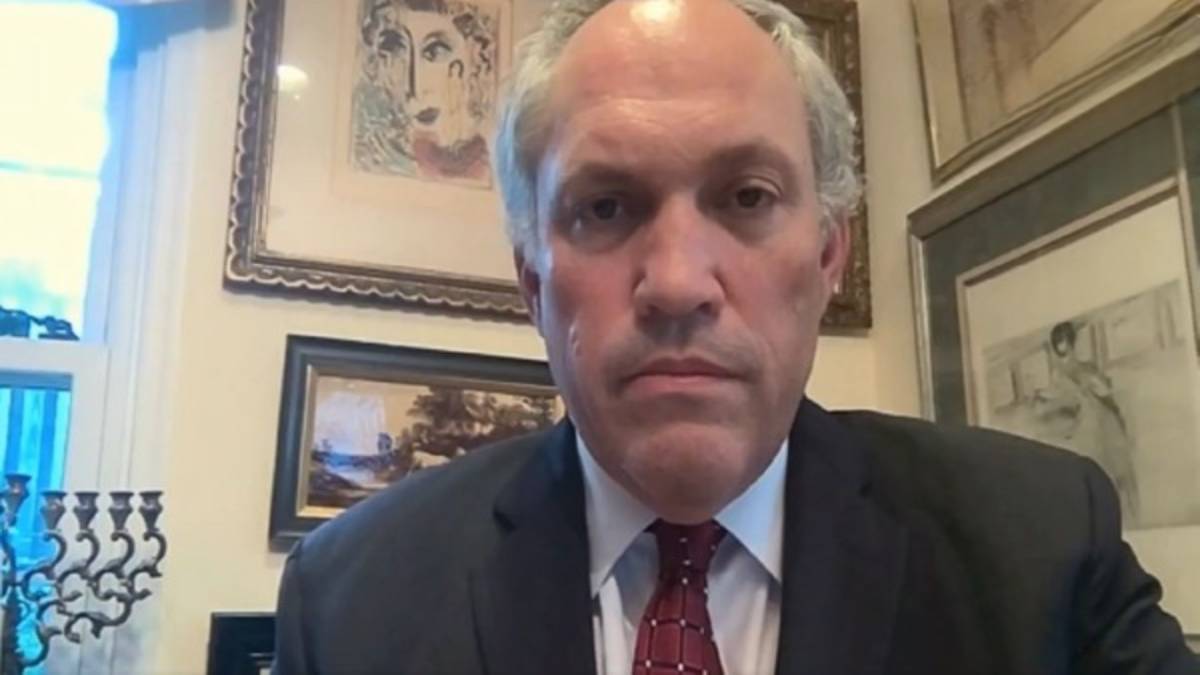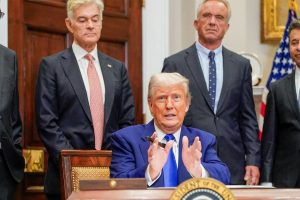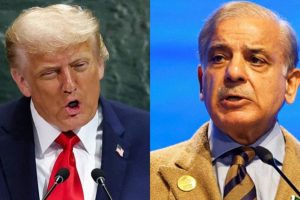Former Pentagon official and senior fellow at the American Enterprise Institute, Michael Rubin, has sharply criticised U.S. President Donald Trump’s foreign policy approach, accusing him of prioritising personal ambitions—particularly a desire to win the Nobel Peace Prize—over America’s national security interests.
In an exclusive interview with ANI, Rubin expressed concern that Trump’s tendency to pursue moral equivalence in complex geopolitical situations is eroding U.S. credibility and worsening international tensions.
“The problem with Donald Trump is that he doesn’t have a full sense of history. He’s prone to more equivalence; he will put other countries’ national security below his own desire to win a Nobel Peace Prize,” Rubin said. He warned that such an approach could exacerbate conflicts in hotspots like South Asia and the Middle East.
Rubin’s remarks come amid heightened global scrutiny of Trump’s recent meeting with Pakistan’s Chief of Army Staff, General Asim Munir, at the White House. Highlighting Trump’s admiration for military figures, Rubin said, “President Trump is enamoured with generals. It’s no surprise he welcomed Munir—who wields more real power in Pakistan than its Prime Minister.”
Rubin speculated on whether Trump’s public praise for Pakistan masks private warnings to the country’s military leadership. “The issue becomes, did Donald Trump tell Asim Munir that his actions risk a covert response that Pakistan will not be able to tolerate?” he asked.
He also cast doubt on Pakistan’s sovereignty, calling it a “Chinese proxy” and accusing it of prioritising Beijing’s interests, particularly in safeguarding the oil supply flowing from the Persian Gulf to Asia. “Pakistan is hardly an independent country anymore,” Rubin said, suggesting that Munir may have carried messages from China to Trump.
Rubin strongly urged India to base its national security policies on strategic realities rather than the promises of “temporary leaders or insincere partners.”
“India alone is responsible for its national security… Trump may want to pretend he’s the fulcrum of negotiations, but only the Indian government and Prime Minister Modi should decide what’s best for India,” he asserted.
Rubin also advised New Delhi to adopt a more self-reliant approach, drawing parallels with Israeli Prime Minister Benjamin Netanyahu, who, according to Rubin, prioritised Israel’s national security over external advice—including from Trump.
Rubin stressed that the U.S. Congress holds a far more critical view of Pakistan than the White House may project. “There is little mood in Washington for Pakistan’s nonsense. If Pakistan thinks it can fool the United States, ultimately, Asim Munir is going to end up like his Iranian counterpart.”
He added that bipartisan support in Congress for India remains strong, and the U.S. legislature is significantly less willing to overlook Pakistan’s “malign and terror-sponsoring behaviour.”
Rubin concluded with a warning to Pakistan: “My advice to Pakistan is to cease its terrorist sponsorship. It may try to manipulate world leaders, but in the end, it will pay the price—as we already see with its internal discord.”
His comments reflect mounting concerns in Washington over Trump’s diplomatic instincts, Pakistan’s expanding ties with China, and the shifting geopolitical calculus facing India as it navigates evolving global power dynamics.





